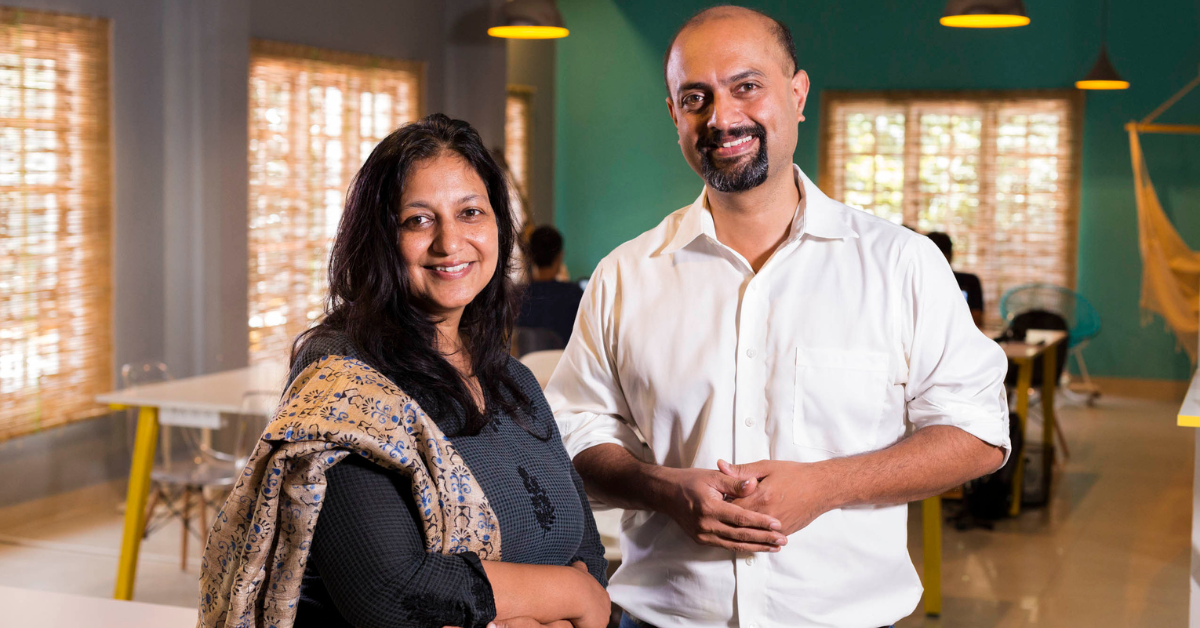This Series B funding round was led by HealthQuad, along with British International Investment
Ramakant Vempati, cofounder of Wysa, said that nearly 95% of Wysa’s business-to-consumer (B2C) users use its freemium model free version across 65 countries
In essence, Wysa is a conversational agent, which delivers therapeutic advice and support to people on the chat platform
Healthtech startup Wysa, which addresses mental health disorders, has raised $20 Mn in its Series B funding round led by HealthQuad, along with British International Investment.
The round saw participation from W Health Ventures, Kae Capital, Google Assistant Investments, and pi Ventures.
Mental disorders including depression often affect the lives of hundreds and thousands of people. According to a report, in India, depression and allied mental disorders can be found between 1.2% to 21% in clinic-based studies. Of this, 3%-68% mental disorders are found among students whilst between 0.1% and 6.94% cases are found in communities.
“When someone is going through anxiety or distress, then there is usually a huge barrier. Sometimes, it is economic saying that they can’t afford it or at other times, it is related to limited supplies, which means access to therapists,” Ramakant Vempati said.
To fulfill this gap and address mental health disorders globally, Ramakant Vempati and Jo Agarwal founded Wysa in 2017. In essence, Wysa is a conversational agent, which delivers therapeutic advice and support to people on the chat platform.
The Bengaluru-based startup plans to utilise the fresh capital to expand further into the US, UK, India and other international markets. It will further use the capital to offer its services in vernacular languages.
Breaking Mental Disorder Taboo
Mental disorders, particularly depression, are commonly seen amongst people of all age groups. However, it is often overlooked because of social, economic and personal reasons. “We realized how hard it is to speak out about mental disorders as the barrier is not economic but it was a self-imposed barrier or stigma of saying that I am unable to reach anybody for help.” Vempati shared.
To control or reduce such instances, the two founders created a freemium mental health-focussed conversational AI platform Wysa. When a user shares his/her issues with Penguin like chatbot on the platform, the app gives out advice and also, handholds him/her through whatever distress that person is going through.
“The entire process is being done in a clinically safe manner. And if I need more advanced support, then the user or person is handed over to a counseling network, which Wysa is part of.” Vempati informed.
Wysa employs cognitive behavioral therapy, motivational interviewing, behavioural activation and various other psychological techniques to understand or treat problems related to mental disorders. Besides aiding the general public, it is also facilitating various organisations, insurers and public health agencies globally too.
Some of its clientele include Accenture, Colgate-Palmolive, Aetna International, Swiss Re, the National Health Service in the UK, and the Ministry of Health in Singapore, among others.
Sharing information about its user base, Vempati said that nearly 95% of Wysa’s business-to-consumer (B2C) users employ its freemium model across 65 countries.
At present, Wysa has a user base of 4.5 Mn people. It records 515 Mn conversations on the platform. Of this, 50% of conversations are made by its B2C users while the remaining by B2B users.
Technology Disrupting India’s Healthcare Industry
India’s healthcare market, which is likely to touch a $5.5 Bn mark by 2025, has largely evolved owing to digitisation and technological advancement coupled with the Indian government’s initiatives.
At present, consumerisation of healthcare can easily be seen as the general masses particularly millennials have become active consumers of healthcare.
“Now, people scruntinise their options on various levels before selecting doctors, service providers and diagnostic labs. The amount of research they do to buy a consumer electronic is equivalent to research they perform while making choices for their healthcare.” Vempati added.
Vempati also believes that digitsation and integration of health records will benefit various people and organisations in the healthcare sector.
“What has happened with fintech using UPI, I think a similar disruption can be anticipated from the Centre’s Health Stack, which will be creating opportunities for organisations that are developing health services,” he said.










![Read more about the article [Funding alert] Mumbai-based D2C brand MyGlamm raises Rs 175Cr in Series C round led by Ascent Capital, Amazon](https://blog.digitalsevaa.com/wp-content/uploads/2021/03/beautybrandinside2-1603186267444-300x150.png)